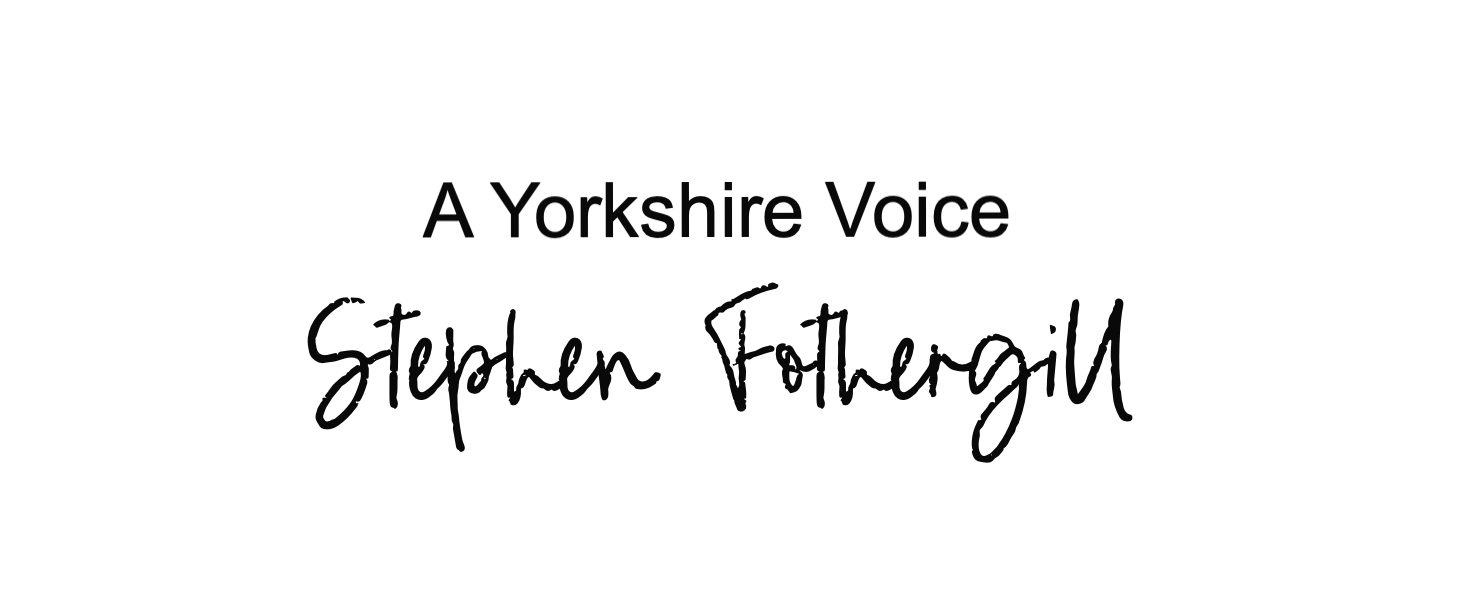Orwell and Academic Writing
As previous visitors to Beyond 1984 are probably aware, I recently entered university as an undergraduate, reading English Literature with Creative Writing. I’m enjoying the experience so much (so far anyway), that when I awake some mornings I have to remind myself that I am in reality and not dreaming. My last job before starting university was a nightmare. Literally a nightmare. I often used to wake up in the pitch blackness feeling sick in my stomach at the thought of the coming day’s work. I used to wonder how I could extricate myself from the vile industry that civil engineering has become in recent years. Fortunately, I was given a helping hand when my employers sacked me (unfairly, as it happened). I didn’t realise at the time what a favour they were doing for me, but I initially thought that I had reached rock-bottom.
I took a year off working (not entirely through choice), spending my time completing the draft of a novel that I had started in early 2008. It was through the writing process that I happened to attend a seminar at my local university, where I found that I was potentially eligible to enter as an undergraduate. At risk of using a cliche, the rest, as they say, is history.
I’m finding the coursework challenging, but immensely stimulating, particularly the creative writing modules. However, I am a relative novice when it comes to writing academically, and to say that I was surprised at the strictures and conventions of academic writing is a massive understatement. As a creative writer, the instruction from tutors to avoid any inclination to be creative and original when writing academically is quite a shock, initially. As Thomas Gradgrind demands in Dickens’ Hard Times, “In this life, we want nothing but Facts, Sir; nothing but Facts!”. The are other requirements, too, as young Calvin seems to have deduced in Calvin and Hobbes* below, but in addition, there is the requirement for substantiation.
 Since the advent of the Internet, plagiarism has become such a problem, that every quotation or unoriginal opinion used within an essay must be referenced to its originator. Each reference must be in a specific format, and all publications used as reference material need to be acknowledged within a bibliography at the end of the essay. Failure to adhere to these rules can result in a substantially reduced mark, or even outright failure.
Since the advent of the Internet, plagiarism has become such a problem, that every quotation or unoriginal opinion used within an essay must be referenced to its originator. Each reference must be in a specific format, and all publications used as reference material need to be acknowledged within a bibliography at the end of the essay. Failure to adhere to these rules can result in a substantially reduced mark, or even outright failure.
I write this having just read The Young Eric by Jacintha Buddicom.** Jacintha was a childhood friend of George Orwell, but knew him only as Eric Blair, Orwell’s real name. She writes that young Eric was a brilliant scholar, winning scholarships to Wellington and Eton. He was almost certain to have won a scholarship to Oxford, and was looking forward to going there when he finished school. Unfortunately, his father, who had had a career in the Indian Civil Service, was adamant that Eric would do likewise. Whatever Eric’s protests might have been, he ended up in Burma instead of Oxford, and freely records that he detested every minute of it. After five years, he was able to take a holiday from Burma and never returned.
As things turned out, despite the privations that he endured upon returning from Burma, Eric (Orwell, by then) had made the decision to commit his life to writing. Burma provided him with much subject matter, plus a strong left-wing political conviction that he never wavered from. We can only speculate though on what might have happened had he gone to Oxford. He may have become even more famous than he is now, though that is hard to believe. However, I can just imagine what he, the supreme essay-writer, would have had to say if he had been forced to endure the current academic writing rules. He would probably have walked out on Oxford, too.
IR 2012
* Acknowledgement to Calvin and Hobbes, by Bill Watterson
**Jacintha Buddicom in The World Of George OrwellEdited by Miriam Gross (Weidenfeld & Nicholson, London, 1971)
